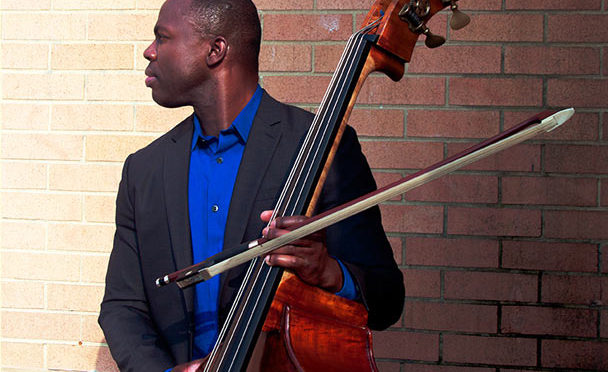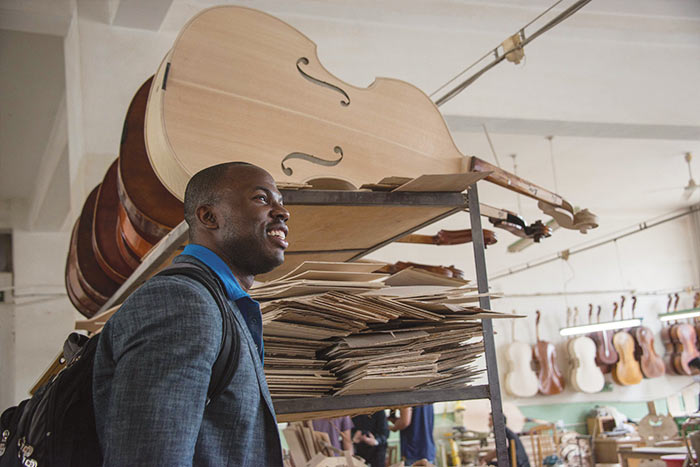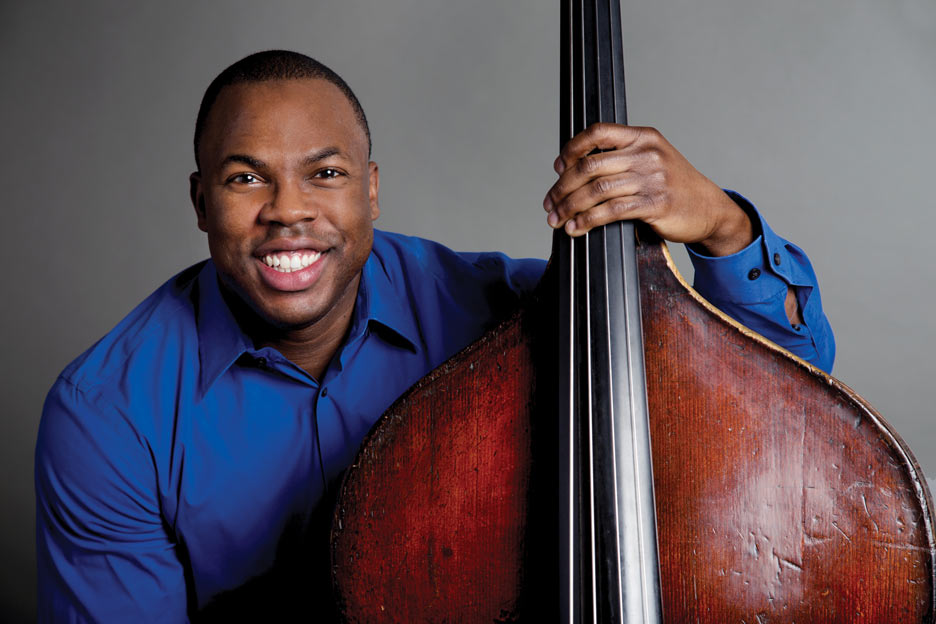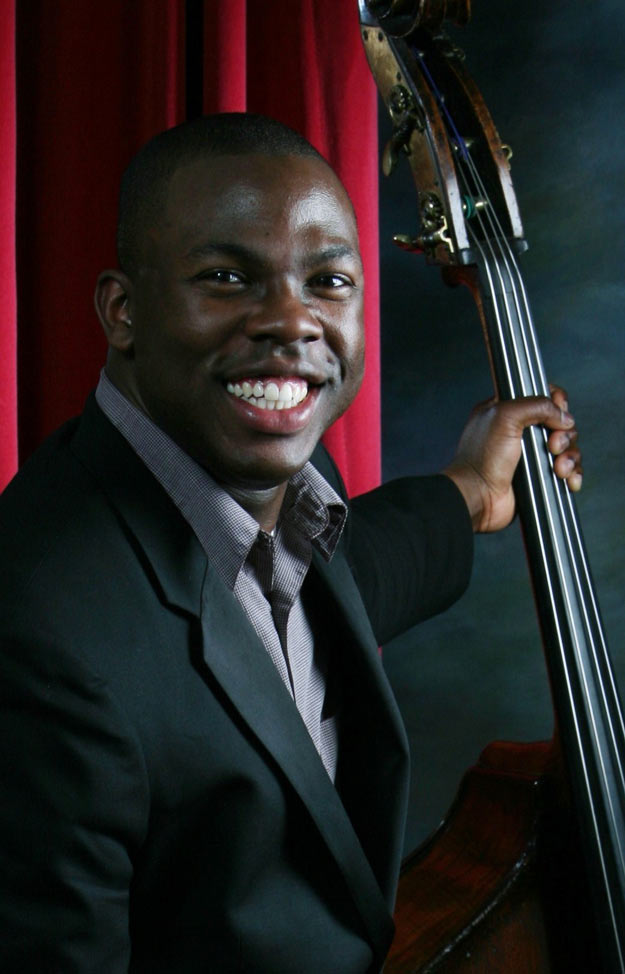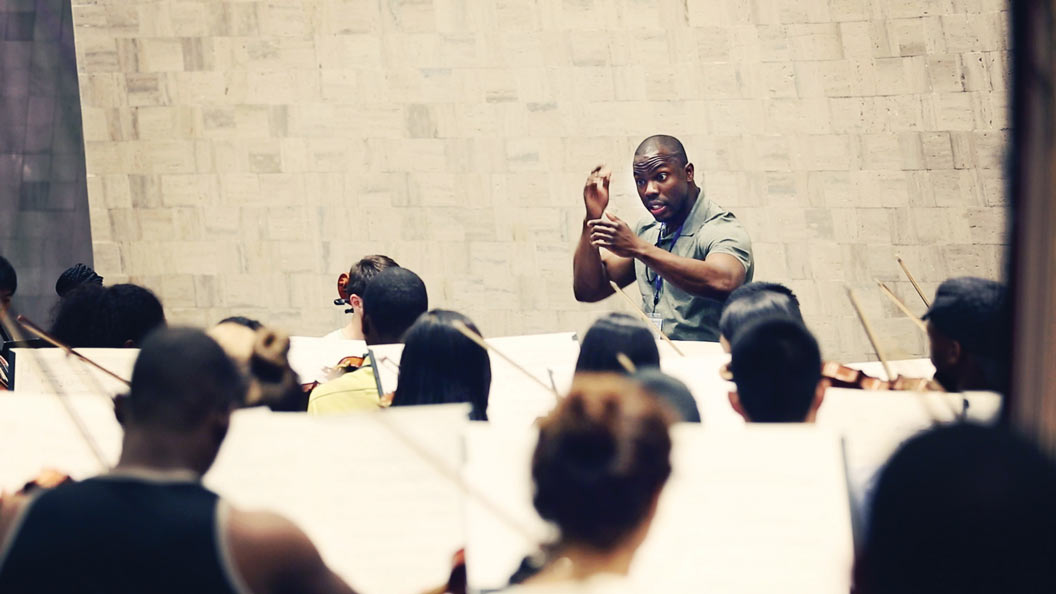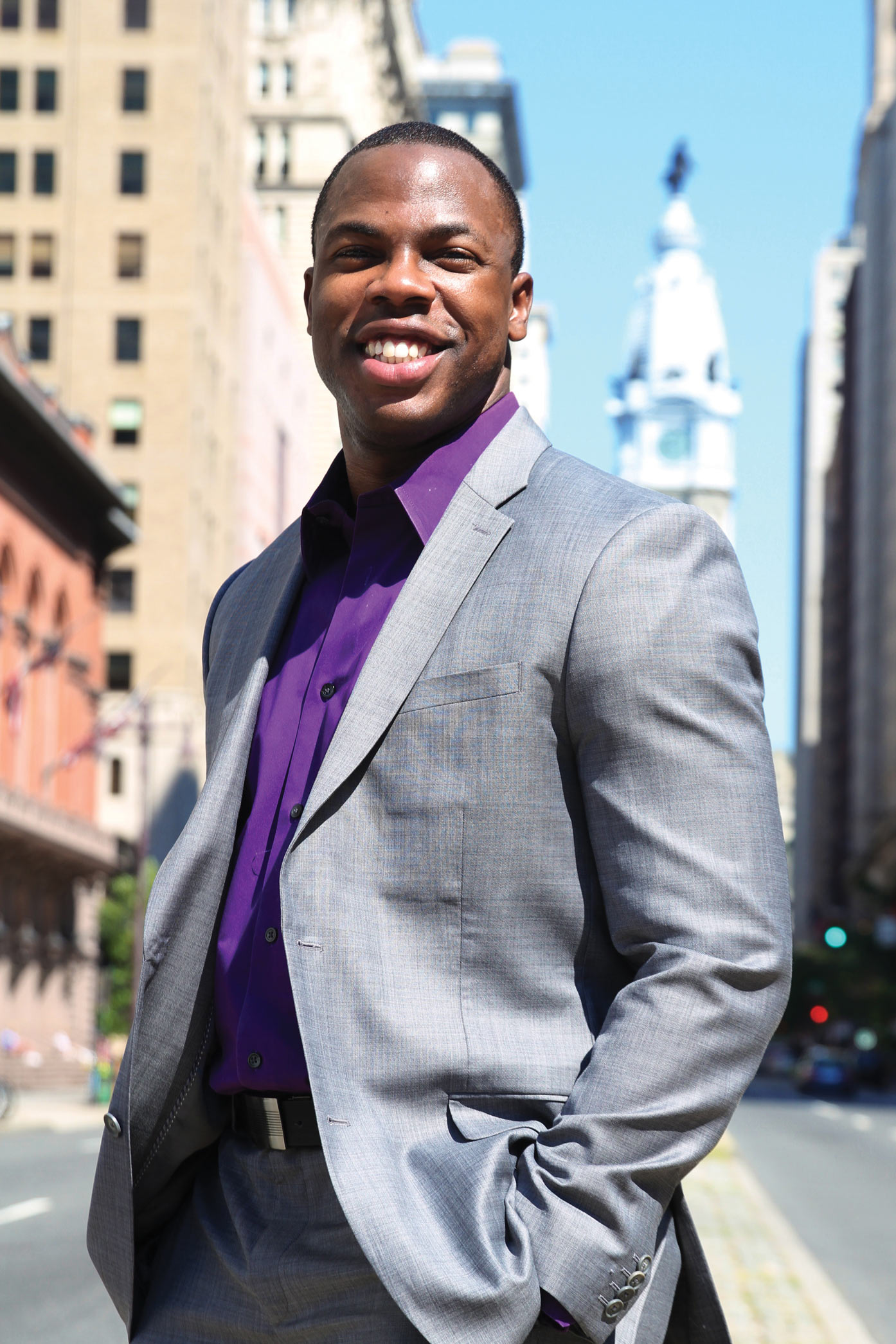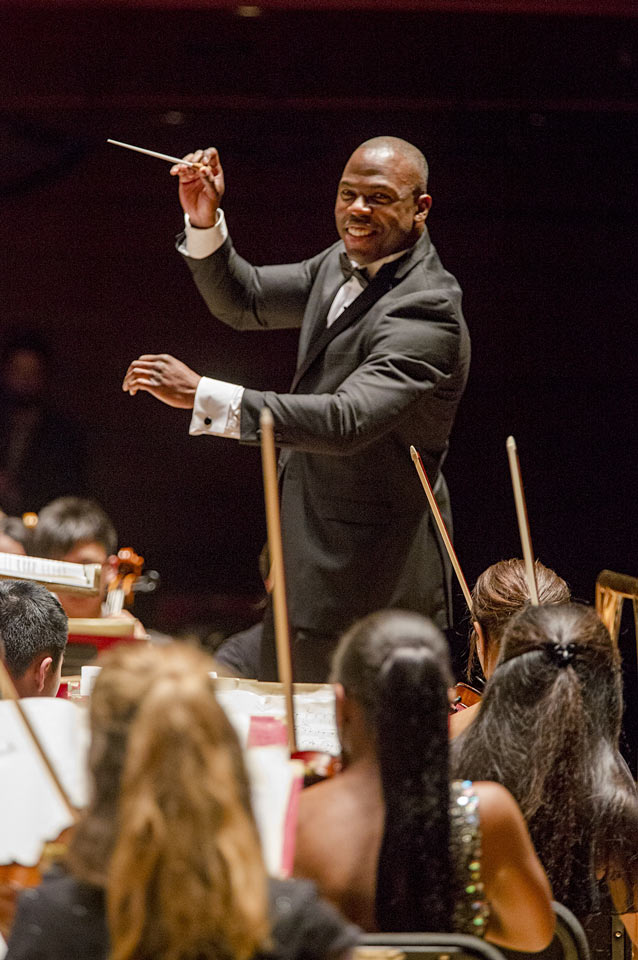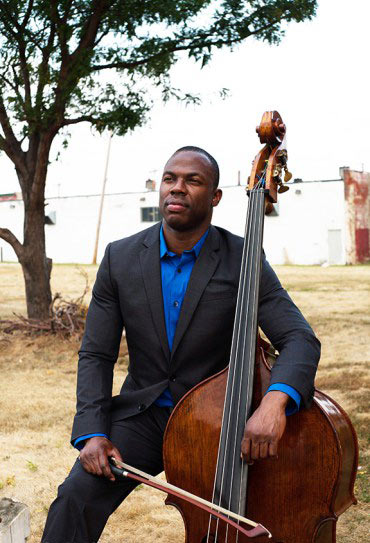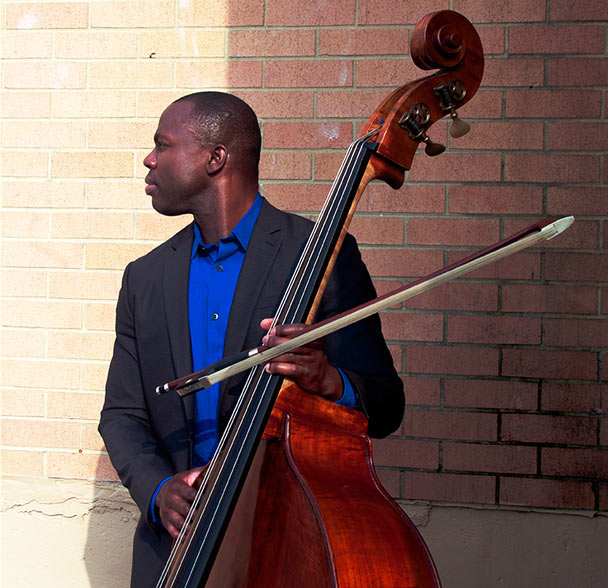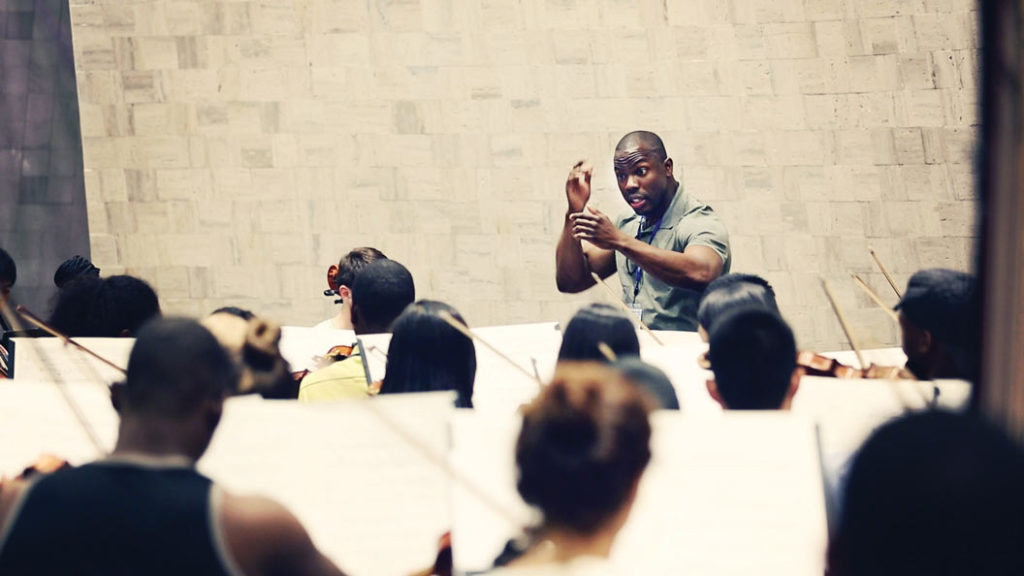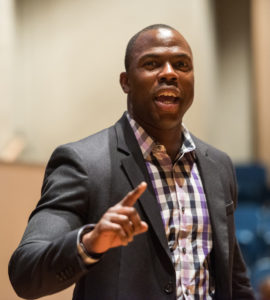Musicians of the Philadelphia Orchestra began a new four-year contract agreement on September 16. Entering into negotiations earlier this year, musicians expected a difficult road; since The Philadelphia Orchestra’s bankruptcy in 2012, musicians have been attempting to recover losses, and the previous negotiations, in 2016, resulted in a brief strike.
This round of negotiations was difficult, but respectful and productive. The new contract includes a 10.5% salary increase over its four years, bringing base salary to $152,256, including Electronic Media Agreement wages, by the 2022-2023 season. In addition, in each year of the contract, musicians will receive a supplemental payment of either $750 or $1,500.
The Philadelphia Orchestra will also add two musicians over the life of the contract, increasing the complement from 97 musicians and two librarians, to 99 musicians and two librarians. The CBA restores a 10th week of vacation that had previously been lost.
Among audition rules and work rules, the music director may require an audition candidate to perform two trial weeks during which the music director is on the podium; guest conductors may not make personnel changes for a program; and fire and pyrotechnics are prohibited on stage.
The agreement was reached six months early, in March. Several months later, in June, the orchestra received a $55 million donation–the largest in its history.
Philadelphia Orchestra musicians are members of Local 77 (Philadelphia, PA).


